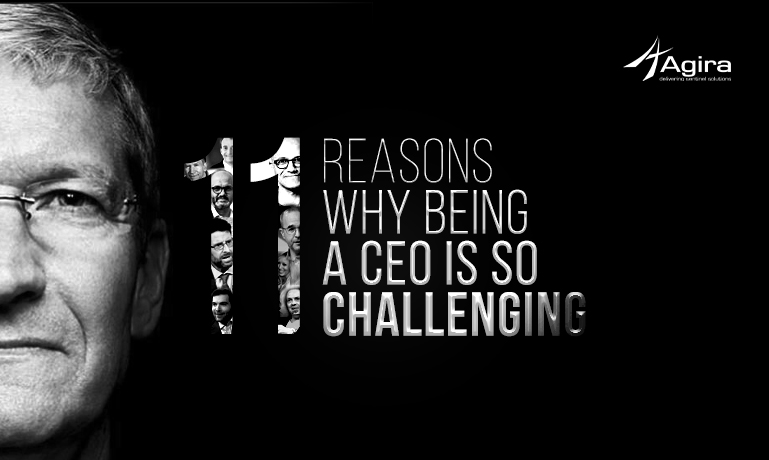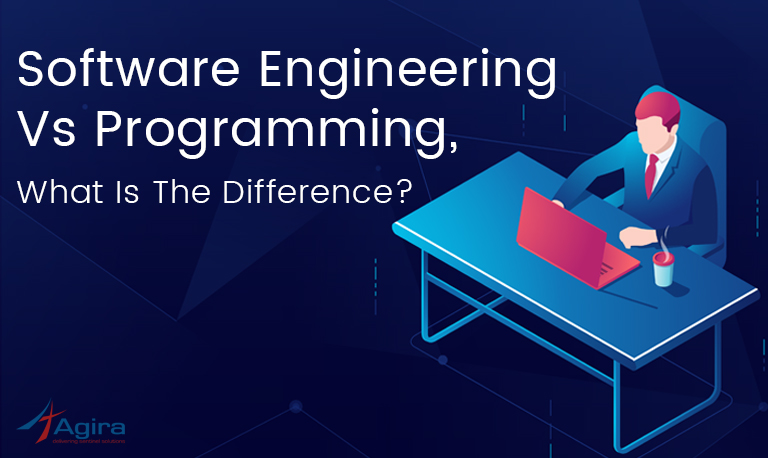All technology startups are intended to build a solution with the cutting edge components. There comes a phase in their product journey where the $$ starts getting more importance than the initial ideation phase, especially if the product is moving towards a SAAS model business approach. The founder(s) has to come up with a way to define the ROI or the break-even for their product(s). There are multiple ways to define the ROI and Total Cost of Ownership (TCO) is one of the metrics which could help the founder(s) a lot. TCO seems like a term for enterprise but in our experience, we believe this metric can help startups/technology companies too. We are not talking about seed rounds or investment rounds, even at initial stages TCO could help the startups better.
Total Cost of Ownership (TCO) is a management valuation concept that helps in deriving at a near accurate cost of a business. This method does not neglect even the insignificant portions of the cost that could easily become oblivious to the accountant while valuing a business, using conventional methods, for buyouts or any investment purposes.
TCO takes into account just not the apparent cost of capital and working capital investments ; it rather runs through the entire expenses involved in maintaining and running the products through their lifecycle including the service, electricity, downtime, manpower, spare parts, space costs etc. In effect, it considers both direct and indirect expenses down to the level of including the number of visits its personnel might have to make to meet its customers and the incidental expenses involved therein. Hence this method greatly helps in calculating the ROI accurately.
Coming to the subject of discussion, anyone who understands that the value of investment in software and hardware is the fastest depleting one, will be tempted to say “Yes” to following TCO metric without a second thought. The short life span of technology due to continuous and consistent research and development in the industry coupled with the ever growing demands of the consumer makes every investment, however big or small, in technology a risky proposition. Besides, there are lots of hidden costs that may go unnoticed. Under these circumstances, Total Cost of Ownership (TCO) helps in arriving at an appropriate calculation.
For example, while considering buying a product of technology, let us run through the broad list of costs that the TCO method considers:
-
Purchase cost would include:
Costs of the
- Product
- Server
- Furniture and Space required
- Amenities required (Generator, Air Conditioner, Wiring etc)
-
Implementation and Maintenance and running cost
Cost of
- Annual Maintenance
- Spare parts requirement
- Manpower for Maintenance / running
- Fuel (for the product as well as the supporting amenities)
- Training
- Downtime
- Manpower for productivity
- Hidden cost of Manpower (Food, travel, refreshments and other benefits other than his compensation)
- Administration
- Outsourced services
- Marketing cost for the service
- Future staffing requirements
- Support Requirements
- Scalability operations
- Possibilities and cost involved for up-gradation
- All other incidental / projected expenses
Apart from the expected lifecycle of the product, one has to take into the account the risk of the product becoming obsolete in the market anytime.
One more advantage with this concept is that with a few more inputs, we can also compare the ROI between various alternatives. For example investing on a leased product vs. outright purchase of a product.
It might look a bit tough for technology startup founder(s) to work against Total Cost of Ownership (TCO) metrics. The world is moving towards lean development and lean usage of resources. But still there should be a way to baseline the resource costs (not only TCO, any another method should be fine). In our experience, we could see the startups who gave sufficient weightage to sales and priority to account the cost been so successful than the startups who focused only on the technology and product functionalities. Share your experience and questions in comments please.









